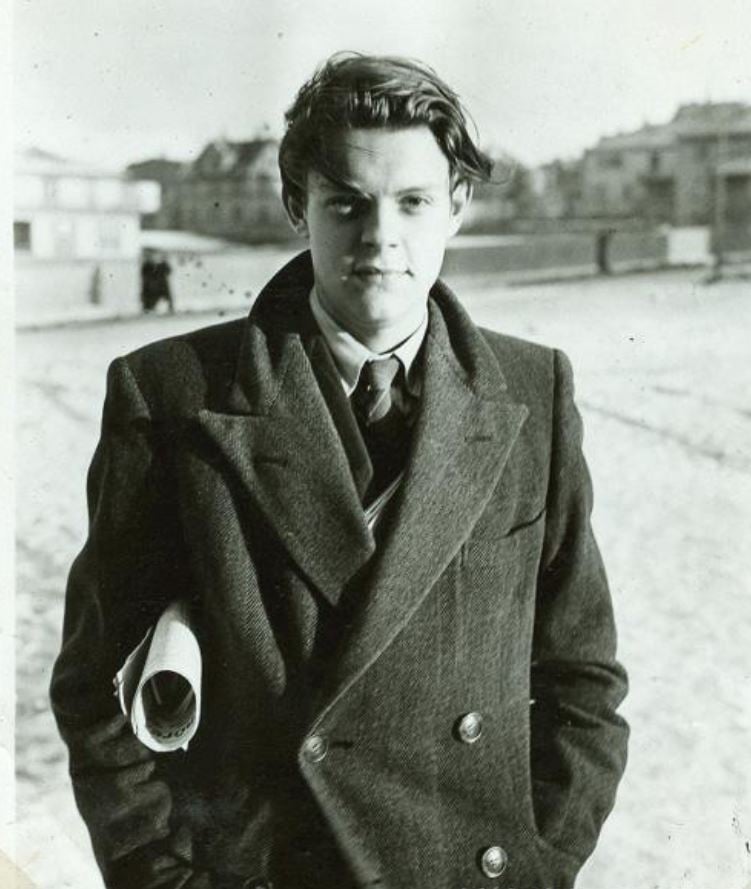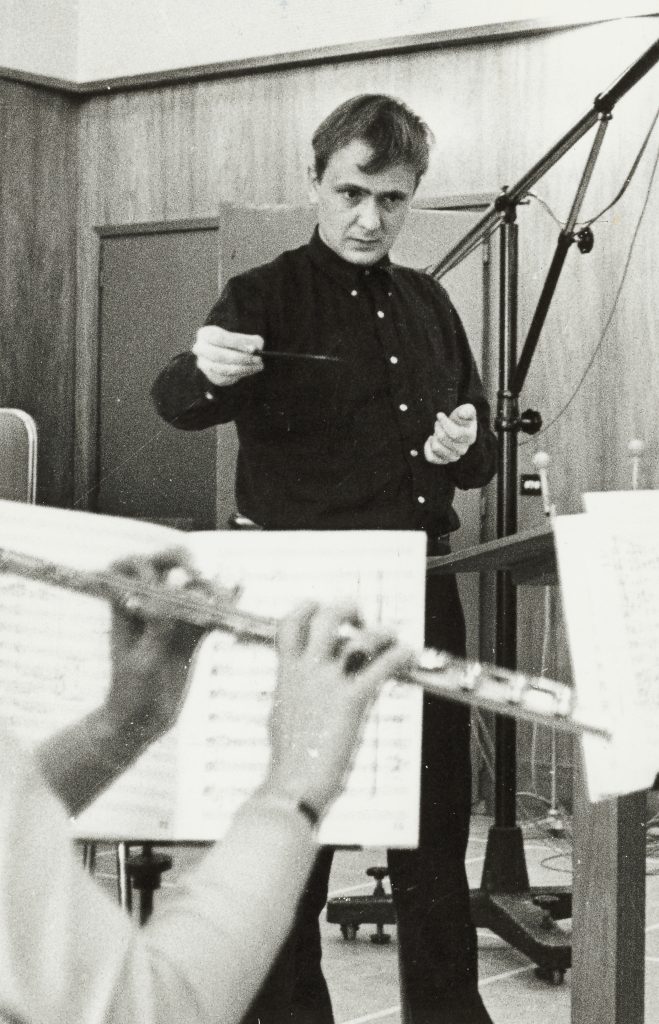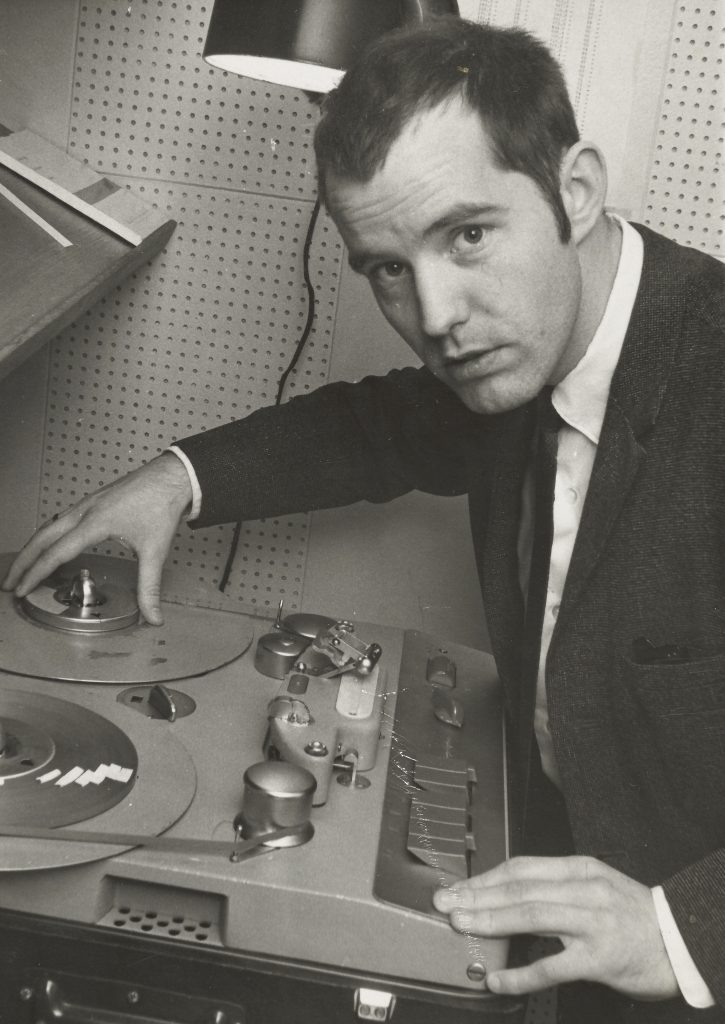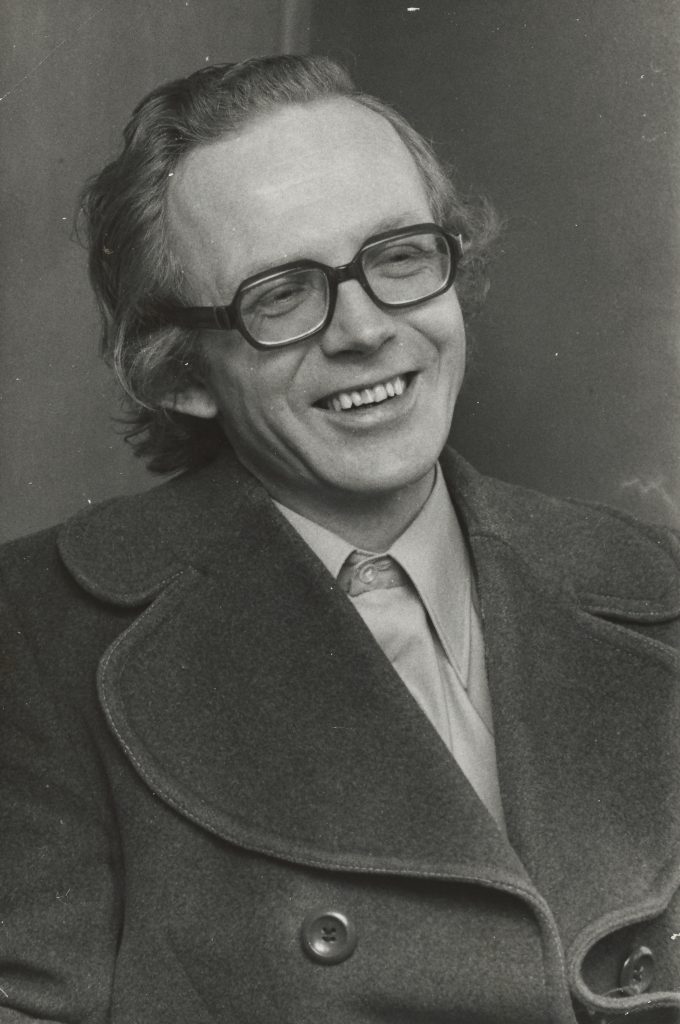
Modernism in Icelandic Music
Modernism in Icelandic Music, 1945–1980 is a research project that is funded by the Icelandic Research Fund for a three-year period, 2025 to 2027.
The project’s aim is to examine the cultivation and reception of ‘high’ musical modernism in Iceland from 1945 to 1980, a neglected yet crucial period in the country’s musical development in the twentieth century. The project will show how a new and controversial style of music was introduced and cultivated in the recently established republic, where the ‘Western’ tradition of classical music had only been practiced for a few decades.
Through extensive archival research and analysis, the artistic development and contribution of Iceland’s key modernist composers will be examined, including how their style and aesthetics were shaped by their education in post-war Europe and the United States. The composers whose works will be studied closely as part of this project are:
Magnús Blöndal Jóhannsson (1925–2005)
Jón Nordal (1926–2024)
Fjölnir Stefánsson (1930–2011)
Jón S. Jónsson (1934–2005)
Leifur Þórarinsson (1934–1998)
Þorkell Sigurbjörnsson (1938–2013)
Atli Heimir Sveinsson (1938–2019)
As these composers of modernist works were beginning their careers, the Cold War reached new heights of intensity, and Iceland’s geographical location prompted a new kind of attention by the two geopolitical superpowers. This had musical repercussions, as the USA and the USSR sent their leading instrumentalists, orchestras, composers, and conductors to Iceland with the specific intention of promoting the culture and ideologies of their respective countries. This period saw, for the first time in Icelandic history, a steady stream of performances of new music by foreign composers, introduced by soloists (e.g. US violinist Paul Zukofsky) and conductors, such as William Strickland (USA) and Bohdan Wodiczko (Poland), whose appearances were in part sponsored by their respective government agencies. This largely unstudied aspect of the country’s music history will be explored through archival documents in Iceland and the USA.
The project will investigate music aligned with modernist trends composed and/or performed in Iceland from ca. 1945 to 1980. The former marked the first full year of Iceland’s independence from the Danish crown as well as the end of World War II. The years around 1980 were also a time of significant change, as a new generation of composers returned from studies abroad and made their own mark on the local music scene. The focus will largely be on what may conveniently be termed the post-war avant-garde, including serialism, free atonality, aleatory music, electronic works, and experimental performance art.
This research project has four main points of inquiry: (a) the musical works themselves, many of which have been neglected since the time of their composition and first performance; (b) the influence of teachers and other musicians, including the influence of the legendary Darmstadt composition courses; (c) local and Cold War politics and their influence on the development of modernism in Iceland; and (d) reception of modernist music, particularly in local newspapers and radio broadcasts, but also in private correspondence and orally transmitted accounts.
All in all, this project aims to be a major contribution to our understanding of the early cultivation and development of musical modernism in Iceland, and to provide a valuable case study for musical modernism in a global perspective.
The project will include a symposium on Modernism in a Global Perspective, and the final output will be a monograph on musical modernism in Iceland from 1945–1980, published both in English and Icelandic.
News









